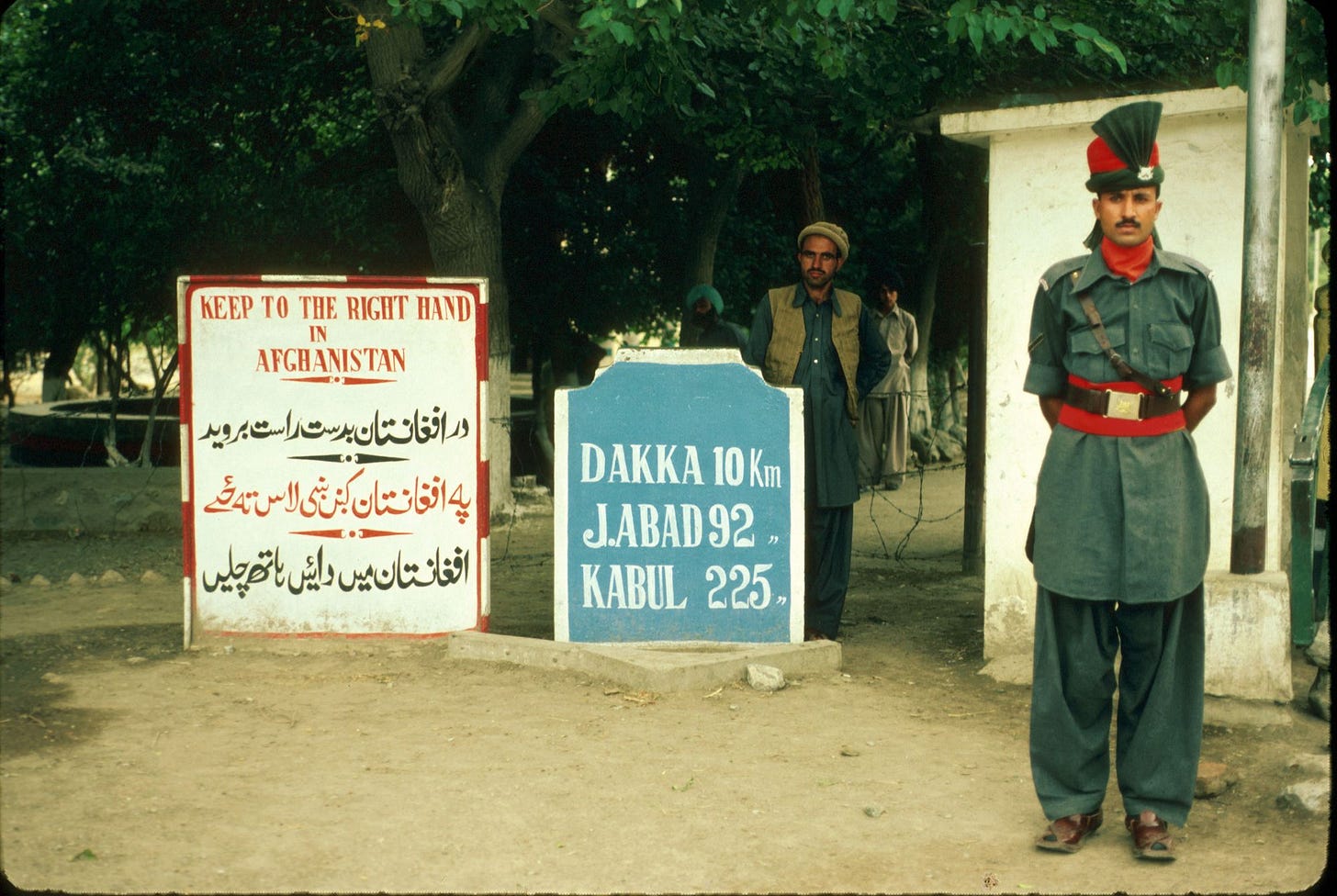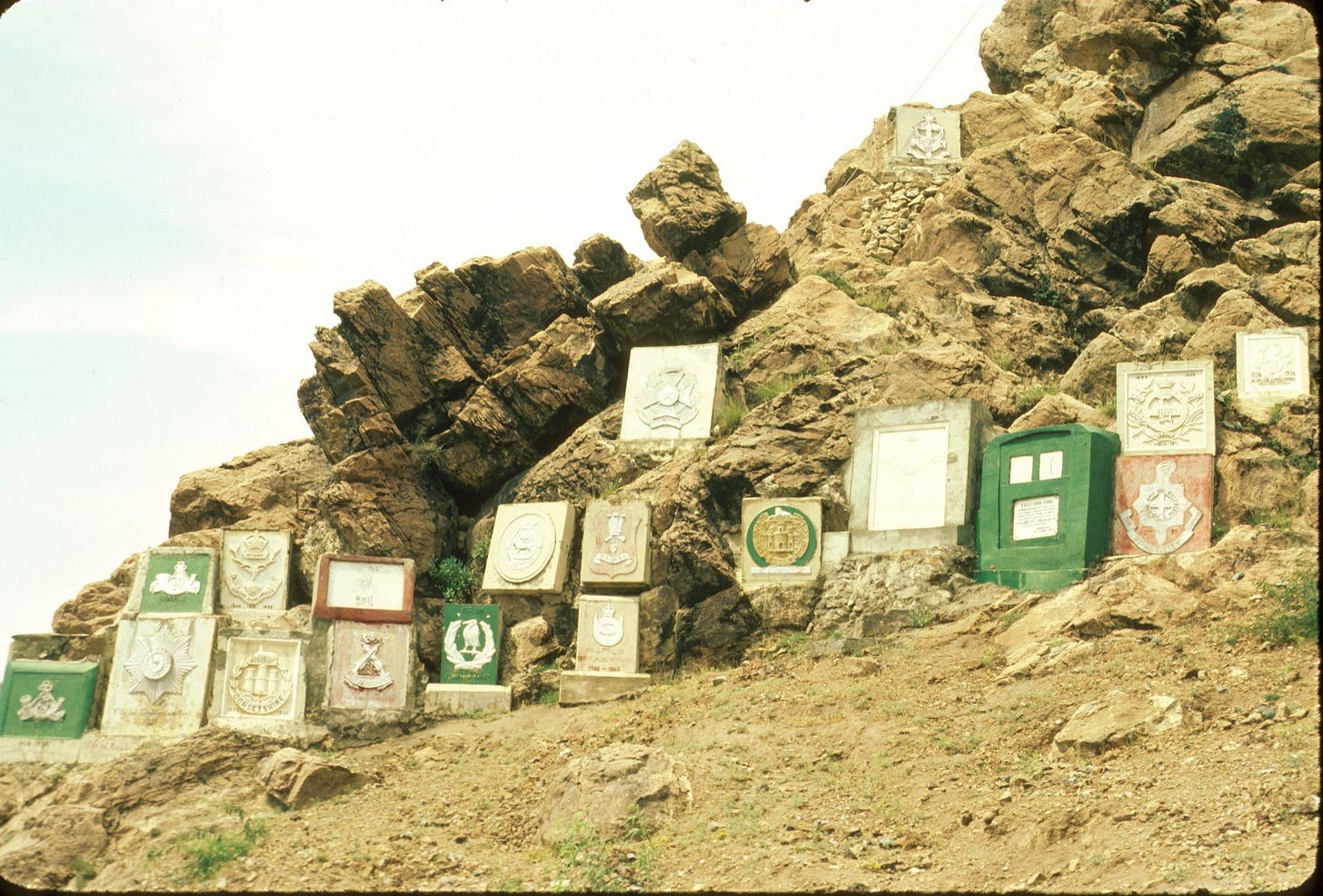I have to admit that I’ve gotten pretty annoyed at a lot of the punditry surrounding the terrible events accompanying the Taliban takeover of Afghanistan. There are many things to legitimately complain about, particularly the Biden Administration’s failure to anticipate and plan against a rapid regime collapse, and Biden’s own efforts to blame everyone else, including the Afghans themselves, for this debacle. But there are many commentators who have not spent more then five minutes thinking about Afghanistan over the last 20 years, who are now declaring that the whole American effort to stabilize the country was obviously doomed from the start, or that successive administrations knew our project there was hopeless and simply lied to the American people about its prospects.
As usual, the truth was much more complicated than this. Had the United States cut its losses and decided to withdraw much earlier, we probably would have witnessed very similar scenes of panicked Afghan allies and Taliban atrocities. I don’t think that American officials ever deluded themselves much about the success of the Afghan state, or that, per Maureen Dowd, believed that they were going to transform it “into mini-mes of Jeffersonian democracy.” The problem from the beginning was that the alternatives to prolonging the intervention always looked worse.
___STEADY_PAYWALL___
In a previous blog post, I suggested that the original American mistake may have come at the time of the Bonn Conference and the constitutional loya jirga that was held in the aftermath of the defeat of the Taliban in 2001, in which it was decided to establish a centralized Afghan state. There was always an alternative to this, which was to turn power over to a coalition of Afghan warlords and tribal or ethnic militias, such as the Tajik Northern Alliance that had been critical in ousting the Taliban. When I arrived at Stanford in 2010, Steve Krasner and Karl Eikenberry (former NATO International Security Assistance Force commander and then Ambassador to Afghanistan) held an informal seminar series on state-building, in which we debated these alternatives at great length. Steve and Karl would go on to publish a report for the American Academy of Arts and Sciences that recommended setting more modest goals for future American foreign policy in the form of what they called “good enough governance.”
Good enough governance would focus on protecting core U.S. national interests and eschew the more ambitious goals of state- and democracy-building. In the Afghan case, it would have meant giving support to any local warlord who agreed to counter al-Qaeda and other terrorist groups. A warlord coalition may have been more resilient than the centralized Afghan state. The old Northern Alliance largely dissolved in favor of the U.S.-backed Afghan National Army, as did several other ethnic militias in other parts of the country.
On the other hand, we should not kid ourselves about how good an alternative this was. A warlord coalition would likely not have been stable over an extended length of time. Many of Afghanistan’s local militias spent their time fighting one another, and would often ally with the Taliban to do so. The Taliban would have regrouped from its sanctuary in Pakistan in any event, and might have had an easier time re-inserting itself into the country under a decentralized form of governance. Just as important, “good enough governance” doesn’t sell in Congress as a strategy. It would require giving material support to groups that were engaging in gross human rights violations, and eschewing goals like womens’ empowerment, countering drug smuggling, and the creation of rule of law institutions to protect minority rights. Critics of the state-building project point, rightly, to corruption as a key factor eroding the authority of the Karzai and Ghani administrations. But depending on warlords would have entailed turning a blind eye towards even higher levels of corruption.
Today’s pundits confidently assert that it was clear from the beginning that the state-building project in Afghanistan wouldn’t work. This was certainly not obvious in the years immediately after the September 11 attacks. Many Afghan groups had suffered greatly during the preceding civil war and Taliban regime, and themselves advocated a strong centralized state to overcome the country’s ethnic fragmentation. Under the last king, Zahir Shah, an Afghan state existed for several decades. It exercised minimal sovereignty and persisted at the pleasure of the local tribes and ethnic groups, but until the coup by Mohammad Daoud Khan in 1973 and the subsequent seizure of power by the People’s Democratic Party of Afghanistan, it has sufficient legitimacy to hold the country together.
The 20 year American and NATO state-building effort may have had much bigger consequences than seem evident today. As a result of the material and human resources that were poured into the country, Afghan society was dramatically transformed. The city of Kabul grew dramatically from 500,000 to over 3 million after 2001; primary school education rose from 1 to 9.2 million, of whom 37 percent were women. The country that the Taliban is taking over today is very different from the one it ruled in the 1990s, with a larger and more complex economy and administrative needs that will be hard to meet. It is not clear that the Taliban will be able to govern this country, particularly since they will be cut off from outside sources of aid.
As I noted in the previous post, it is still not clear whether withdrawal was the right decision. Those who support remaining there indefinitely are not “doubling down” as some allege; they are simply advocating the maintenance of the kind of minimal presence we have had over the past couple of years. It wouldn’t have looked pretty, but it would have avoided the bloodbath that may be coming. On the other hand, that minimal presence may not have been sustainable, forcing us to make an actual decision to “double down” at a later point, as Obama did in the 2010 surge. I don’t believe that I have enough information to make a firm judgment at this point, nor do most of the instant pundits weighing in on this subject in the last few days.



